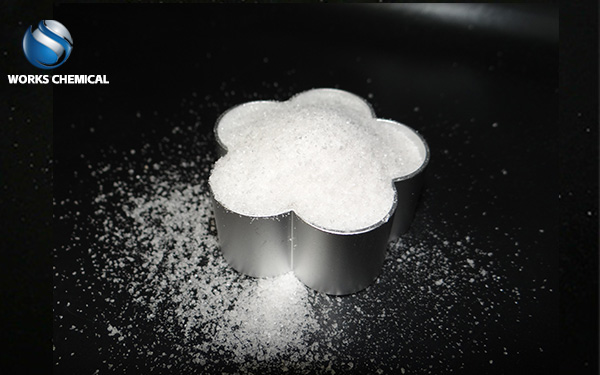
The role of sludge enhancer and sludge dehydrating agent in sewage treatment is relatively different, mainly reflected in the following aspects:

1. Composition and mechanism
Sludge synergist: Its composition usually includes inorganic compounds, sludge surface structure modifier, degreaser, wall breaking agent and other functional agents. By changing the surface charge of the sludge particles, reducing the electrostatic repulsion between the particles, destroying the stability of the bacterial structure and colloidal particles in the sludge, the sludge particles are easier to aggregate and settle, so as to improve the dewatering performance of the sludge.
Sludge dehydrating agent: traditional sludge dehydrating agent such as polyacrylamide, polyaluminum chloride, ferric chloride, lime, etc., mainly through physical or chemical action to promote the separation of water in sludge. Their mechanism of action may be relatively simple, such as promoting sludge flocculation and dehydration through charge neutralization, adsorption bridging, etc.
2. dehydration effect
Sludge enhancer: has better dewatering effect. Combined with appropriate sludge treatment equipment, such as plate and frame mud presses, sludge enhancers can significantly reduce the sludge moisture content from more than 90% to 40%-60%, and even lower to 35%-55%. This significant dewatering effect helps to reduce sludge volume and weight and reduce subsequent treatment costs.
Sludge dewatering agent: Although it also has a certain dewatering effect, its effect may be affected by many factors such as sludge characteristics, treatment process and dosage of agents. In some cases, traditional dehydrators may not be able to achieve the same dehydrating effect as sludge enhancers.
3. Application and cost
Sludge enhancer: Due to its excellent dewatering effect and wide applicability, sludge enhancer has been widely used in municipal sewage treatment plants and various industrial and domestic sewage treatment facilities. In addition, the sludge enhancer can also reduce the corrosion of the sludge dewatering equipment and the blockage of the filter cloth, reducing the equipment loss and maintenance costs.
Sludge dehydrating agent: Dehydrating agent also has its application value in sludge treatment, but some traditional dehydrating agent may have problems such as high cost of use and corrosion of equipment. Therefore, when selecting dehydrating agent, it is necessary to consider factors such as its dehydration effect, use cost and influence on equipment.
4. Comprehensive benefits
Sludge enhancers: By significantly improving sludge dewatering efficiency and reducing treatment costs, sludge enhancers help improve the overall operational efficiency and economic efficiency of wastewater treatment plants. At the same time, reducing the volume and weight of sludge also helps reduce the risk of environmental pollution during sludge transportation and disposal.
Sludge dehydrating agent: Although dehydrating agent has a certain role in sludge treatment, its comprehensive benefit may be limited by many factors. Therefore, in practical applications, it is necessary to choose the appropriate sludge dehydrating agent or sludge synergist according to the specific situation to achieve the best treatment effect.
In summary, the effects of sludge enhancers and dehydrators in sewage treatment are quite different. Sludge booster has higher application value in sludge treatment field because of its better dewatering effect, lower equipment loss and maintenance cost and wider applicability.